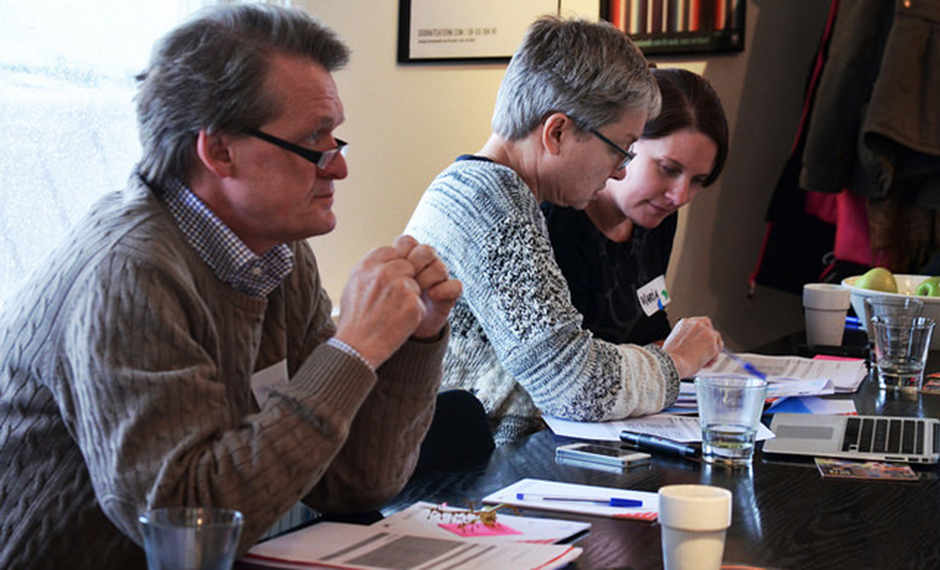The move towards promoting more responsible research and innovation (RRI) in Europe has been welcomed by Swedish stakeholders. At a recent workshop, that marked the first step in a new European project, representatives from a diverse range of organisations, including research, civil society, education, policymaking and industry, were able to express their ideas and needs in realising RRI in Sweden.
RRI is about practices, where all relevant stakeholders participate in the research and innovation process and take a shared responsibility in order to achieve sustainable, ethically acceptable, and socially desirable outcomes. It is a key concept in the EU’s framework programme Horizon2020 and is seen as an effective way of tackling major societal challenges through a broad cross-sectoral approach that also involves European citizens in the dialogue.
Sweden well positioned for RRI
Although elements of the approach are already practiced, as a whole, RRI is a new concept in Sweden and the ambition is for it to be adopted across Europe. Many stakeholders attending the workshop were positive to the collaborative approach and view Sweden as well positioned to be at the forefront for developing innovative and sustainable solutions using this method. In Sweden there is already a national culture of dialogue in which civil society takes an active role in policymaking that can be built upon. Participants supported the idea of more collaboration between CSOs and researchers, particularly, as CSOs are often close to the problem to be addressed.
More involvement for citizens
In many cases, researchers are often just involved at the beginning of the research and development process and those representing the research community also saw RRI as an opportunity for researchers to take a larger responsibility and be part of the whole R&I chain.
There is also a particular emphasis in the RRI approach on involving citizens, including young people, in discussions about how innovation can be used to improve the world we live in. Those in education were particularly keen to see more research in the classroom and for an RRI way of thinking to be introduced to future generations, many of whom are passionate about values such as equality and sustainability.
Understanding of driving forces vital
However, there were some questions raised, particularly from industry, about the time involved in RRI as a collaborative and iterative process. The need to maintain competitiveness, avoid bureaucracy and ensure RRI doesn’t add substantially to the final costs was stressed at the workshop. Understanding the varying driving forces of the stakeholders was seen as vital and also discussed was potential need for rewards, particularly for researchers, as well as for stakeholders whose core business is not research and innovation.
“RRI presents an exciting opportunity for Sweden but the key will be ensuring the processes work for all stakeholders,” said Karin Larsdotter, Project Manager at Vetenskap & Allmänhet (Public & Science), who is the leading the European RRI Tools project in Sweden. “The workshop was a good opportunity to gain a greater understanding of the needs of the various stakeholders and identify both opportunities and challenges that we are now feeding back. The next step is to identify existing successful RRI practices in Sweden that can be analysed and developed into tools that can be used at a European level.”
RRI about the bigger picture
As the Swedish partner in European project and manager of the Swedish hub, VA’s main role is raising awareness of RRI in Sweden and engaging with relevant stakeholders. RRI was also the theme of VA’s annual conference in October, where the concept was introduced to a wide range of participants. Jeroen van den Hoven from the Netherlands, who chairs the EU’s expert group on RRI, gave examples of RRI in the Netherlands and Germany that have resulted in sustainable solutions as well as economic growth. He stressed that, in RRI, it is important to look at the bigger picture and that, in situations where there may appear to be conflicting values and interests, RRI can actually lead to benefits for all stakeholders.
Helen Garrison

